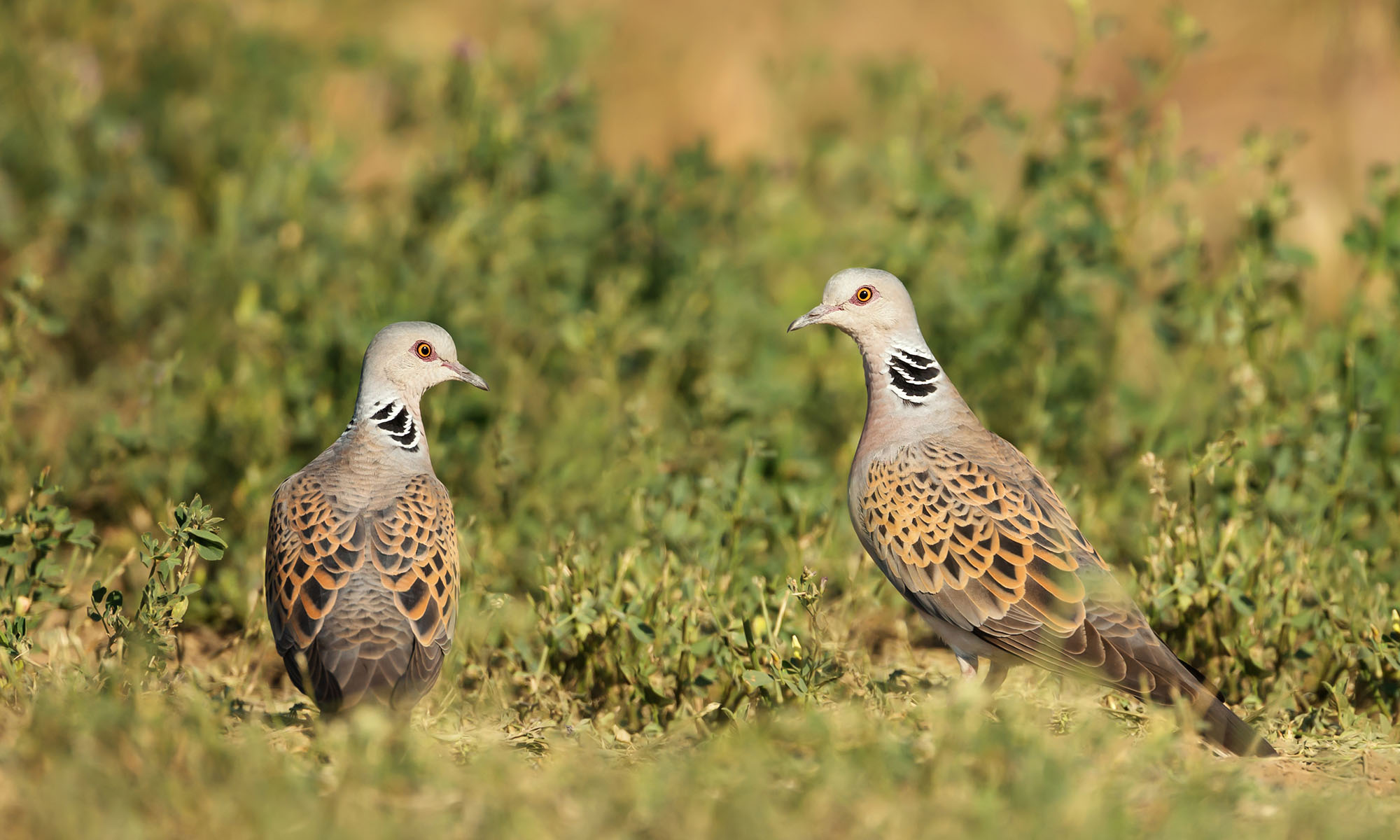Sue Whigham caught up with Lou Carpenter of Marden Wildlife and the Marden Farmer Cluster to learn about their inspiring work
We had our first green-winged orchid flowering here this year and the excitement when we spotted it knew no bounds. Imagine then Marden Meadows, a SSSI designated Nature Reserve east of the Kentish village, managed by the Kent Wildlife Trust, where, in late April, there is a spectacular display of these glorious orchids (also known as the harlequin orchid). The site was farmed using pre-World War II methods by its previous owner and its unimproved neutral meadow is cut for hay each year and then grazed. The meadows are part of the Coronation Meadows Project and provide ‘local provenance meadow seed’ to meadow restoration sites. King Charles, as the Prince of Wales, headed up the idea of the Coronation Meadows Project after reading Plantlife’s report on meadows back in 2012 and realising how many meadows had been lost over the previous sixty years. He used the timing of the celebration of his mother’s coronation to kickstart a movement to restore meadows using donor seed from sites such as Marden Meadows.
And I’m sure that a lot of us saw the 30th July edition of Countryfile on BBC1 which featured hay and haymaking. Particularly lovely was the farmer who lived on The Lizard down in Cornwall, as had his family, for five hundred years. He described how he avoids ground nesting birds on their second brood of the year, giving their nests a wide berth as he cuts the hay field. You can imagine how odd the field must look until he goes back and finishes it off once the chicks have hatched and flown. There was also a piece on the shift towards herbal lays and the older varieties producing up to forty-five different species per square metre.
Marden Wildlife group and Marden Farmer Cluster are two organisations that work in tandem in that they are deeply intertwined and many of their members are members of both. Marden Farmer Cluster is an association of local farmers with responsibility for 8,000 acres of land in and around Marden. This area covers Goudhurst, Frittenden, Yalding and Coxheath. They are not tied in any way commercially but are joined together by a mission to both produce food and to appreciate and enhance the wildlife on their land. Their mutual cooperation means that they both exchange valuable information and learn from each other. Other organisations such as Natural England and Kent Wildlife Trust support the cluster as they do other clusters such as the Tenterden group and the Upper Beult cluster.
And Marden Wildlife is an organisation for anyone who is interested in all or some aspects of wildlife and wants to get involved and to work together with local farmers and landowners. Without the cluster, Marden Wildlife couldn’t function, as its members have considerable access to farmland that would normally not be accessible to them. As a citizen science organisation, members get involved with all aspects of wildlife in the area and there are regular ‘meet ups’ between them to work on projects to improve the area for both biodiversity and food production.
One of the projects they have been involved in is Operation Turtledove. Turtle doves are in decline with the depressing figure of loss of 90% since the 1970s. These lovely doves are our only migratory dove which actually only spend a third of the year in their breeding grounds, i.e. in Europe, and the rest of the year they winter in sub-Saharan West Africa, which is an amazing 5,600 km migration route. You can imagine all the perils that this brings to these creatures. But the work being done in Marden to provide early sources of food to help them recover from their journey once they arrive back is, I am sure, being replicated in other parts of the UK. Local people are encouraged to record any sightings and Operation Turtledove is working hard with cluster members to create feeding strips (and seed provided by the RSPB amongst others) to help the doves recover on their return from such an arduous journey. Marden Wildlife volunteers set up trail cams in late April to monitor turtle dove arrivals. The good news is that Kent has at least a third of the UK population of turtle doves. And there are moves afoot to get together with a hedgerow project in the future.
Marden farmers are finding that it is better to be proactive with wildlife-friendly methods of farming rather than to just let nature take over. The movement is spreading to farms further afield and the members of Marden Wildlife are able to actively take part and benefit from having the opportunity to both enjoy the countryside and to help in myriad ways. They have a discussion group on Facebook of close to 800 members and are on X (previously Twitter) @MardenWildlife. Last year they entered and won BBC Radio Kent’s Environment Make a Difference Award. I had a good look at their website and the details of the biodiversity they have recorded over the area they cover, and in many cases, photographed, is so comprehensive and detailed.
Out of the 2,500 species of moths we have in the UK, 300 of them have been identified in the Marden area since regular moth traps have been set up as part of the Marden Wildlife initiative. We’re very keen on moths in this household too. Even my four year old grandson was leafing through my Moths of Great Britain and Ireland book this weekend. He’s said ‘no’ to any more toys for his upcoming birthday. Maybe a moth trap would interest him? It would me.
For more information, see:
- kentwildlifetrust.org.uk/our-work/farming
- mardenwildlife.org.uk
- You’ll find Marden Wildlife Group at the Weald of Kent Ploughing Match on Saturday 16th September
wkpma.co.uk
Sue Whigham can be contacted on 07810 457948 for gardening advice and help in the sourcing and supply of interesting garden plants.
istockphoto.com/ Wirestock / Dgwildlife
You may also like
In the Night Garden
Jo Arnell explains how to make the most of your outdoor space once darkness falls Some enchanted evening you may see me outside – mainly searching for slugs in the garden, because the cool hours of night are when they...
Contain your excitement
Jen Stuart-Smith discusses how to get creative with your pots and planters My love affair with plants started with houseplants when I was a child. As my bedroom windowsill overflowed – resulting, occasionally, in waking up with compost under my...
More than just a pretty face
Jen Stuart-Smith explores the multiple uses of some easy-to-grow garden favourites When you grow flowers for their beauty, shape and colour it can be easy to forget all the other qualities they have to offer. Some are edible, others provide...










